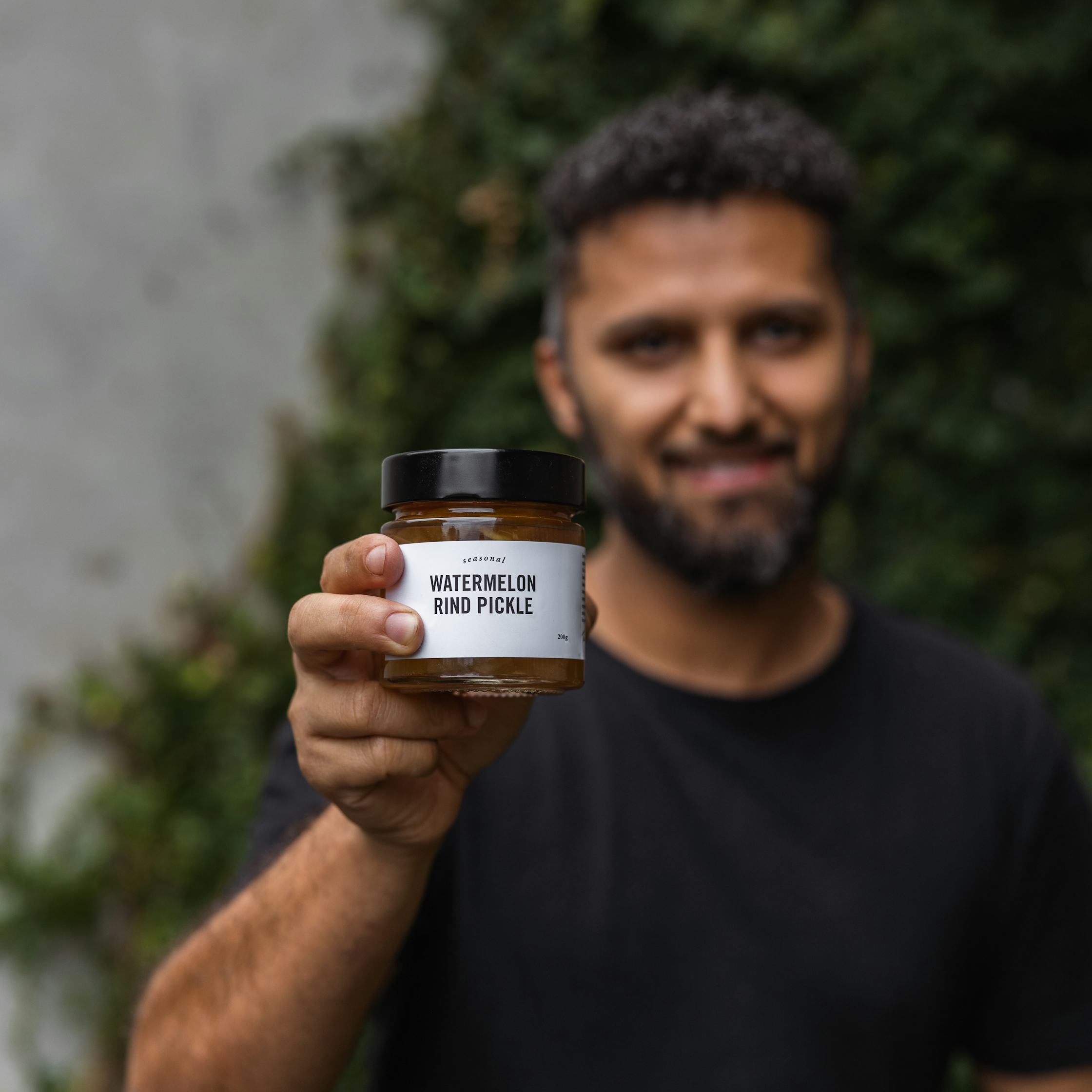In a time when transitioning towards a circular economy is paramount, the role of financing circular solutions has become vital for progress. Recognising this urgency, Sustainability Victoria has been propelling circular economy initiatives by distributing funds to various forward-thinking organisations, businesses and individuals.
The impact created through such grants shows the crucial role that strategic financial support plays as a catalyst for transformational change, turning ideas into practice.
These grants have supported solutions across various sectors ranging from organics to textiles, toys and batteries. Here, we delve into ten organisations that were funded through the Circular Economy Business Innovation Centre and are shaping a more sustainable and circular future for Victoria.
Circular Sourcing: A digital platform for buying and selling surplus textiles and designer ‘deadstock’ fabrics, thus increasing the circulation of textiles, decreasing reliance on virgin resources and connecting businesses in the process. Fabrics include those from fabric mills and clothing brands that are generally still of high quality but did not get used during the production and manufacturing phase. The platform aims to divert ten tonnes of textiles from landfill in a year, thus reducing approximately 285 tonnes of carbon emissions.

ABCH founder Courtney Holm in studio. Image source: Sustainability Victoria
Open Sauce: STREAT, a social enterprise supporting vulnerable young people through employment, received a grant in 2021 to develop their Open Sauce project. The project is led by Moving Feast, a network of Victorian food and social enterprises, to ensure all produce and by-products are ‘tasted not wasted’. This will be achieved through materials efficiency across supply chains and prolonged lifecycles and value of products. It is predicted that through this grant, Open Sauce will avoid 1,295 tonnes of food waste and create 30 new circular products and services. To date, they have already developed a jam, pickled watermelon rind and plum sauce from by-products collected through their network.

Cromwell Jams Watermelon rind pickle. Image source: Sustainability Victoria
Circular Farms: An online collaborative system in Gippsland that connects producers (farmers) with buyers including food banks, feed lots, commercial composters or even bio-energy plants who can become new markets for excess produce on farms.
Reusing cherries: After being put through precise grading equipment for quality control, cherries that do not make the cut for supermarket sale under strict standards of colour, size and blemish type are rejected. They can also be discarded if they’ve dropped their stems. These discarded cherries add up to around 30 per cent of total crop being sent to landfill each year. To combat this, former chef Sam Bate partnered with Cathedral Cherries to repurpose those cherries into new products. Using cherry pulp, juice and skins, Sam has developed commercially viable products like cider, vodka, vinegar and cherry honeycomb through an innovative freeze-drying process.

Cherries from Cathedral Cherries. Image source: Sustainability Victoria
Reusing waste olive pomace: Australia’s largest olive oil producer, Cobram Estate, is building an industry-first facility at its Boundary Bend olive grove where an industrial tumble dryer will be used to produce up to 28,000 tonnes of olive pomace each year. Olive pomace includes the leftover olive pulp, skin, olive pits and fruit flesh produced after oil extraction from the fruit. Cobram Estate’s facility will recycle this pomace into new products like animal feed and soil conditioner, thus reducing waste, emissions and the use of commercial fertilisers at the olive grove.

Olive fruit. Image source: Sustainability Victoria
Dairy waste reduction action plan: To reduce waste across the dairy industry, Dairy Australia has partnered with Stop Food Waste Australia and the Australian Dairy Products Federation to develop a sector-wide action plan. The plan identifies ten key actions aimed at delivering economic, social and environmental benefits, including investing in technical solutions, promoting sustainable packaging solutions, and improving inventory management systems.
Nutritional oil from squid guts: Calamari processor Mantzaris Fisheries has teamed up with Deakin University to develop a manufacturing process to extract high-value, omega-3-rich nutritional oil from waste squid guts that get leftover after processing of seafood. Even though parts of a squid generally considered waste hold up to 12 per cent omega-3 oil and high amounts of protein, almost one-third of a squid is still wasted. This grant will be pivotal in taking this concept out of the lab and reducing waste generated by the seafood industry.
Circular lifecycle for toys: This first-of-its-kind research project in Australia by the Australian Toy Association aims to understand how we create toy waste, tracking the different paths toys take in their lifecycle after their use and their journey through the economy. The research will help create a roadmap and action plan for the toy industry to transition towards circular business models, improve their end-of-life management and recovery pathways in a state where 51 per cent of toys bought are sent to landfill within their first year.
Reusable hospital gowns: Research at Melbourne University is investigating the possibility of developing a reusable hospital gown in partnership with Western Health and textile manufacturer Full Circle Fibres. This project aims to reduce the number of disposable gowns used each day to around six per healthcare worker, down from the current estimate of up to 20. In addition to being reusable, these gowns will still maintain strict infection control.

Reusable hospital gowns at the Melbourne University research. Image source: Sustainability Victoria
Infinitev: Infinitev has been operational in the automotive circular economy for 40 years, specialising in remanufacturing and repairing complex electronic components. Now, Infinitev is aiming to create a start-of-the-art facility in Cranbourne to house their EV battery circular economy business operations. They will be focusing on a three-tiered business model working across refurbishing and reusing EV batteries, repurposing batteries that can’t be used any longer and converting them into battery energy storage systems, and recycling the leftover batteries where neither reuse nor repurposing is possible to recover valuable materials.

Circular economy for EV batteries with Infinitev. Image source: Sustainability Victoria
To learn more about Sustainability Victoria’s CEBIC current grants and funded projects, visit https://www.cebic.vic.gov.au/grants-funding-and-investment